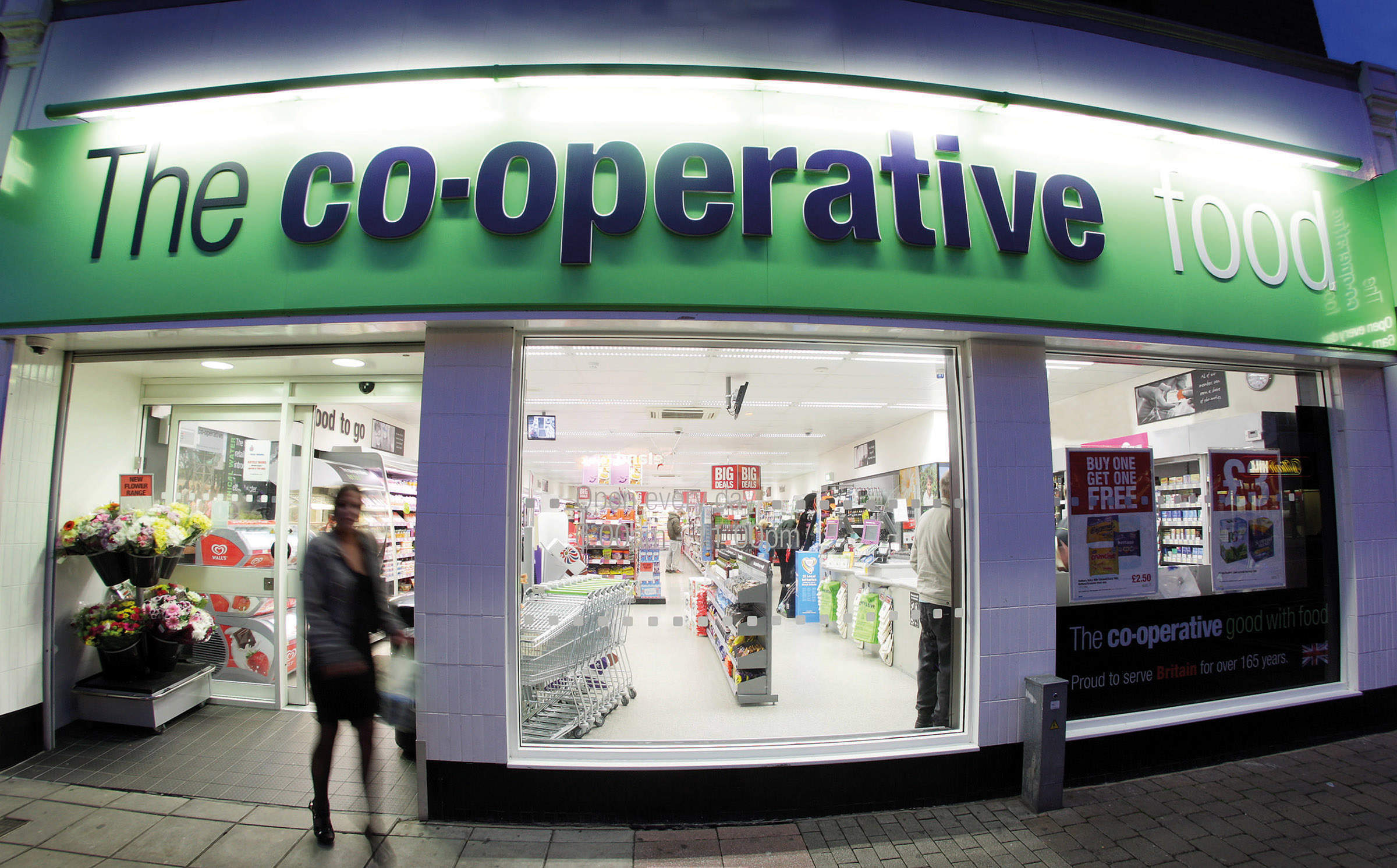
Traditional politics is struggling to keep up with modernity. In a world where both opportunity and insecurity can be transmitted by the touch of a trader’s button, lack of access to decision making is an inequality in itself.
Talk of “giving power away from the centre” makes it sound as though it is a lump of plasticine held in Whitehall or Westminster to be bequeathed in small pieces to passengers, patients or parents at the benevolence of the Government of the day. Real change will not come from holding more meetings, but by holding more power for ourselves.
That is why it is time for the left to look anew at our mutualist traditions for its future. To not only admire people power, but actively apply it. And from your spending habits to your social activism or political engagement, it is co-operativism that taps into individual and collective energy for change.
The Rochdale Coop pioneers sold honest food at honest prices. They recognised in times of uncertainty and unfairness, we our each other’s greatest hope. 171 years later the principles underpinning how they made that happen in practice are even more relevant. Self help, self responsibility, democracy, equality, equity and solidarity. They were concerned as much for the benefits to the individual, as to the community, of participation. To protect the vulnerable as well as to make a profit. They were both entrepreneurs and trade unionists. They used their collective might to take the means of production into their own hands- and make markets work on their terms.
What then can Coop thinking offer to today’s world? Within a few years there will be more self employed than working in the British public sector. Where this Government is stripping away employee rights, and markets are driving insecurity for many, Coops offer an exciting alternative. Freelancer coops for music tuition and careers advice are helping workers regain control over their careers. In the disruptive new sharing economy of Uber, kickstarter and Air b’nb, social enterprises like Room for Tea and Startsomegood offer contrasting models of how all involved in commerce get a better deal.
These principles work not just for small businesses. It is time we tackled legal loan sharking in the public sector, applying the lessons of credit unions to PFI debt management. We look to the Norwegian sovereign wealth fund experience as we ask how to give citizens more direct influence over national infrastructure investments.Mutualism can also protect and drive innovation for the greater good. Every citizen member of the Swiss Health Bank has retained direct control over their own valuable personal data to manage how is used for medical research, and not sold for private profit to third parties. So too, for Britain’s deepening housing crisis, Coops can offer a better deal for tenants, home buyers and landlords alike.
Cooperators do not defend faceless bureaucracies that ignore people’s needs, whether in the public or private sector. But we know the ‘discipline of the market’ alone is not the answer. Instead it is to give the public the direct ability to shape services for themselves through mutualisation – whether of our railways, our NHS or our utilities. Coop councils are also the real radical future of devolution. Be it Plymouth driving down electricity costs, Edinburgh promoting social enterprise or Milton Keynes community asset transfer schemes they are transforming their communities for the better.
Our principles guide too where we see when change isn’t happening quickly enough. We call out those companies whose women are only in their boardrooms as non-execs, there to make up numbers not make decisions. We seek equality and equity for all. With others in Europe and America acting, we know we cannot afford to be left behind by failing to introduce quotas for representation across all sectors.
Above all, our distinctive way of thinking recognises it is not a choice between the power you hold individually or we exercise politically- its about the combination of both. That is why mutualism challenges the political status quo – including some on the left. It recasts where the power to make things happen should lie. Not in the hands of the market or of a few in Westminster or even the town hall. But in strengthening the assets, networks and self responsibility of the public themselves. Social justice cannot be achieved when power is considered the plasticine plaything of the elite. Power is in all our people. The time is now for us to unlock it.
Stella Creasy is Labour and Cooperative MP for Walthamstow.



